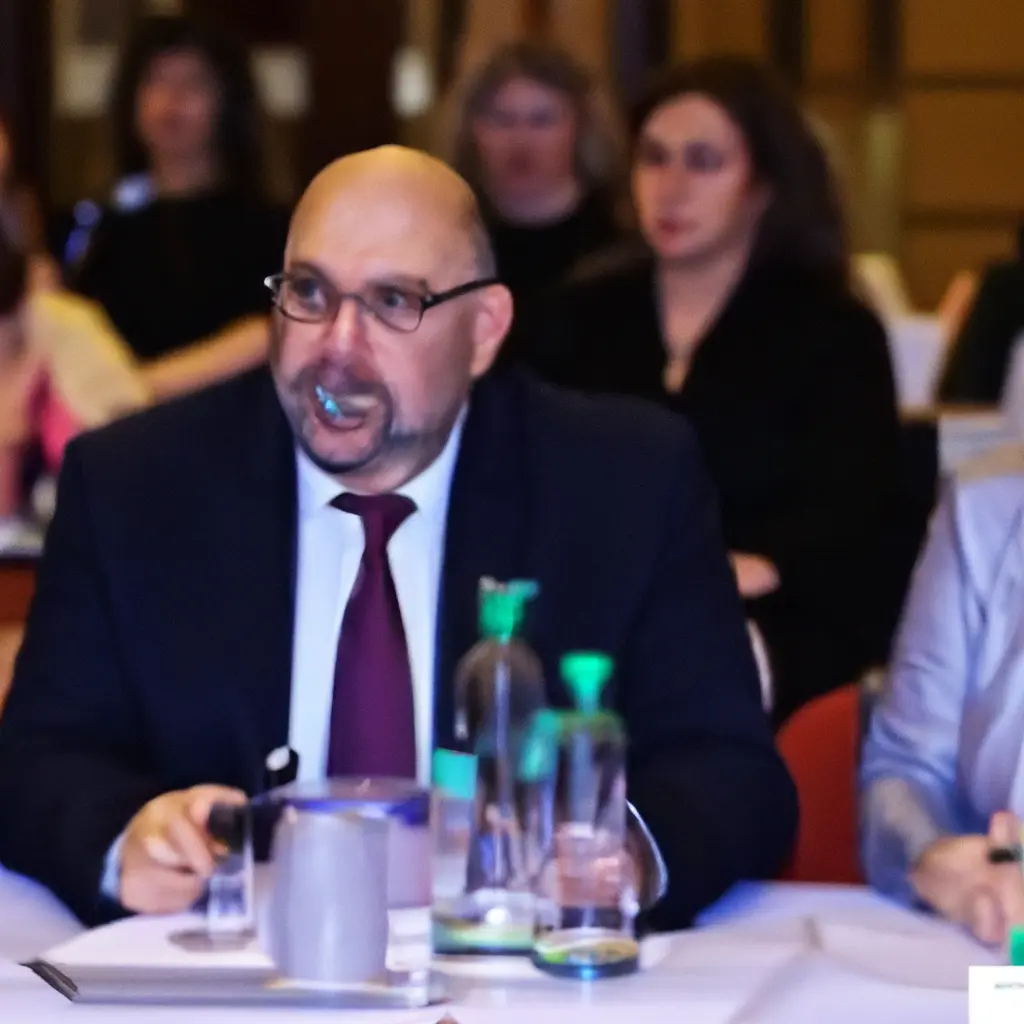Ambassador of Georgia: There is a lot of work at the French embassy in Le Ville after the launch of its social media presence.

The new ambassador of Georgia to France, Gocha Javakhishvili, emphasized that "a tremendous amount of work" is being done in the country to restore the historic estate of Leville and its historically significant items, in response to a social media post that featured photos of disorder and neglect in the estate's premises.
Javakhishvili responded to a post by Georgian citizen Tamara Baramashvili, who published photographs of the conditions in the sections of the estate that was transferred to Georgia in 2016 in recognition of its historical significance as the residence of the government in exile of the First Democratic Republic, which fled from the Soviet invasion of Georgia in 1921 and settled in France.
The photographs showed documents, books, and other items that clearly have historical significance, scattered among random things in the attic of the chateau, as well as areas of the estate showing their decay and untidy appearance. The author of the post also claimed that part of the estate was "in ruins" and stated that water was leaking in the building.
The ambassador stated that the "entire territorial complex" of the estate had been "completely declared a restricted zone" by the French authorities, which hindered rehabilitation work on the site until the completion of the updated master plan, which, according to him, took the last two years. He added that the publication of conditions in the attic of the building against the backdrop of the "actual start of rehabilitation" of the estate and its buildings distorted the "objective, complete picture" of the circumstances.
Javakhishvili detailed the steps taken to preserve items from the main building during the upcoming restoration work, such as creating a library behind the main building to house cataloged books and publications from the chateau. He stated that none of the books shown in a dilapidated state in a social media post are originals, and added that in this part of the building, "nothing particularly significant" has been found anymore.
The diplomat acknowledged that the estate, with its chateau built in the 17th-18th centuries, is in "very poor condition," a fact recognized by all parties involved in its restoration since it was transferred in 2016. He also added that "there is a lack of technical documentation" for the building following the historical agreement six years ago. In his comments, the ambassador also noted that the Covid pandemic hindered the process of restoring the estate for a year and a half and highlighted the difficulties faced by the Georgian Ministry of Culture in managing the process remotely, as well as the costs amounting to 5.6 million euros for the project.
Javakhishvili's comments came after the Ministry's response, which on Wednesday dismissed claims of negligence towards historical materials and infrastructure at the historic Leville estate in France as "misleading" and described the current actions being taken to preserve the site.
It stated that representatives of the agency have completed the cataloging of items found throughout the 4.5-hectare estate and are now sorting through archival materials. The state office mentioned that the materials had been stored in "poor conditions for decades" and emphasized that "only a portion" of historical Georgian periodicals remained in the attic, while their copies were moved to a safe location in the chateau.
Regarding the leaking roof, which has gradually damaged the attic and other parts of the building, the ministry stated that it has allocated funds for repair work ahead of the planned complete renovation of the estate.




Georgia's connection with the estate began in 1921, when the then Prime Minister Noé Jordania, members of the government, and several representatives along with their families boarded the French ship Ernest Renan to escape the Soviet invasion of Georgia in February of that year. Settling in Levilly, near Paris, about 30 Georgian exiles lived in 15 apartments within the chateau of the estate, facing material hardships for many years. The 4.5-hectare estate in the town of Levilly, located 37 kilometers south of Paris, was transferred to Georgia in 2016.
In 2011, France agreed in principle to transfer ownership of the estate to Georgia after it was officially recognized as a site of historical significance for the country. The process accelerated in the mid-2010s and was completed in 2016. The plans of the Georgian authorities for the Leville estate include transforming it into a cultural and research center for young historians from the country. The estate will feature a Georgian cultural house, an academic hall, museum and archive spaces, a library, conference rooms, and other facilities to create a "Georgian multidisciplinary cultural and educational center in Europe." In the latest developments of the plans, the Ministry presented the design of a house built in the style of traditional family dwellings known as "oda," used in western Georgia, in September.
Comment
Popular Posts
Popular Offers

Subscribe to the newsletter from Hatamatata.com!
Subscribe to the newsletter from Hatamatata.com!
I agree to the processing of personal data and confidentiality rules of Hatamatata










